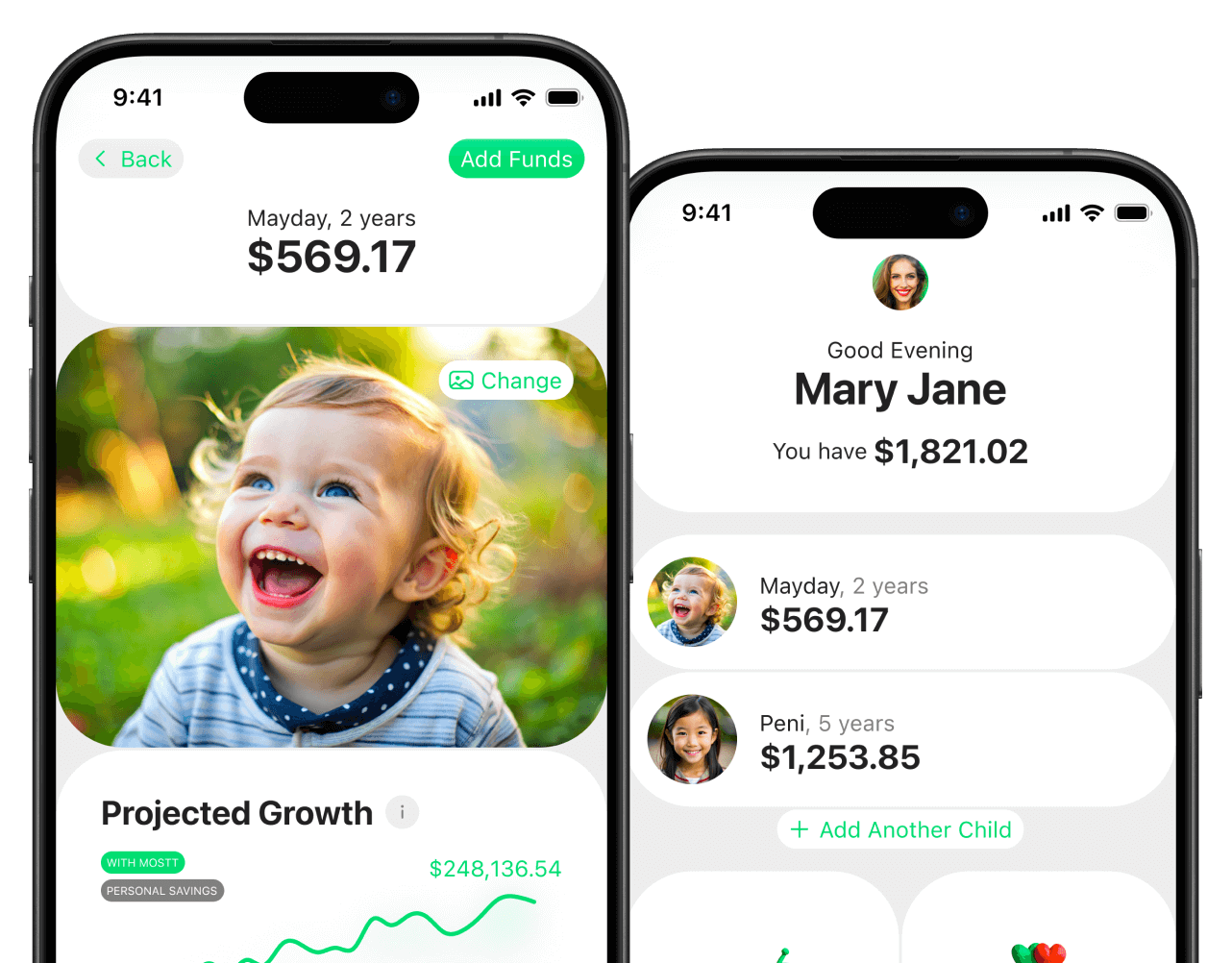The Phone Call That Changes Everything
You’re finishing up dinner when the phone rings. It’s your cousin—or maybe your sibling, or your adult child. They sound hopeful. Nervous. They’ve got an opportunity. Maybe it’s a new car, a business loan, or the chance to move into a better apartment.
But there’s one thing standing in the way: they need a co-signer.
They trust you. You’ve always been dependable. And they’re sure this will all work out—they just need a little help.
You want to say yes. After all, family helps family, right? But something in your gut says: “Hold up.”
That moment is exactly what this post is for. Let’s walk through the pros and cons of co-signing a loan for a family member—so you can make a decision that’s wise, loving, and financially sound.
What Does It Mean to Co-Sign a Loan?
Co-signing means you’re agreeing to take responsibility for someone else’s loan if they can’t (or don’t) pay it.
The lender didn’t like their credit score, income, or financial history. But your track record is strong, and your signature makes the loan possible.
This isn’t just a reference—it’s a legal obligation. In the eyes of the lender, you are just as responsible for the loan as the person using the money.
💡 Learn more: What is a co-signer? – Experian
✅ The Pros of Co-Signing a Loan
1. You Help a Loved One Reach a Goal
Sometimes the only thing standing between a family member and a better life is a loan signature. Co-signing can make dreams possible: a college education, a reliable vehicle, or a safe apartment.
It’s a chance to say, “I believe in you.” And that means a lot.
2. You Could Help Improve Their Credit
If the borrower makes all payments on time, their credit score can improve—and in some cases, yours might get a boost, too.
A stronger credit profile can help them qualify for future loans on their own, building long-term financial independence.
💡 Learn more: How co-signing a loan can impact your credit – Equifax
3. It Feels Good to Support Someone You Love
Helping someone when they truly need it can strengthen bonds and create a meaningful legacy. If you’re in a good financial position, co-signing can be a powerful way to lift someone up.
But it should be done with wisdom, not just heart.
❌ The Cons of Co-Signing a Loan
1. You’re Legally and Financially Responsible
If the borrower misses payments or defaults, you’re responsible—not just morally, but legally.
Worse, the loan appears on your credit report and affects your debt-to-income ratio, which lenders use to determine your ability to borrow.
💡 Learn more: Debt-to-Income Ratio: What It Is and Why It Matters – CFPB
2. It Can Damage Your Credit Score
Even one missed payment can hurt your credit, and if the borrower defaults, it could take years to recover.
Some co-signers have been shocked to find their credit tanked because of someone else’s mistake.
3. It Can Strain—or Break—Your Relationship
If things go wrong, tension rises. Resentment grows. Relationships suffer. Lending institutions don’t care if you’re cousins or parents—they want their money.
Smart Alternatives to Co-Signing
You don’t have to say no to helping. You just need to be creative.
✅ 1. Help with a Down Payment Instead
Sometimes, the issue is a lack of credit or cash reserves. Rather than co-signing, consider gifting a down payment. That way, your name stays off the loan.
This gives them ownership—and protects your credit.
💡 Learn more: Gifting Down Payments – Bankrate
✅ 2. Offer a Private Loan on Clear Terms
Rather than co-signing a big loan, offer a smaller loan personally. Use a written agreement with repayment terms. Apps like Zirtue help manage family loans with less stress.
This avoids the banks entirely—and puts boundaries in place.
✅ 3. Help Them Build Credit First
Encourage them to apply for a secured credit card, become an authorized user on your account, or report on-time rent payments to credit bureaus.
💡 Learn more: How to Build Credit – Investopedia
Sometimes, they just need 6–12 months of positive history to qualify for a loan on their own.
Ask These 5 Questions Before Saying Yes
-
Can I afford this loan if they default?
If not, it’s an automatic no. -
Do I understand the loan’s full terms?
Ask for all documents before signing. -
Has this person shown financial responsibility?
Past behavior is the best predictor. -
Will this affect my ability to borrow in the future?
Especially for mortgages, credit cards, or business loans. -
Am I willing to risk the relationship if things go wrong?
Be honest with yourself—and them.
When Co-Signing Might Be the Right Choice
There are moments when co-signing makes sense:
-
Your child just graduated and needs reliable transportation
-
You’ve watched a loved one rebuild after hardship
-
You have the financial margin and emotional trust
-
You’ve clearly discussed boundaries and expectations
Even then, we recommend documenting everything and keeping open communication.
📘 Bonus tip: Check if your state has “co-signer release” options after 12–24 months of on-time payments.
Love Means Saying “Let’s Be Smart”
At Mostt, we help families build lasting wealth without letting today’s emotional decisions ruin tomorrow’s goals. Sometimes the best gift you can give a loved one is financial guidance, not just financial help.
Your future—and your family’s—matters too.
Final Thoughts: Co-Signing Is a Big Decision
Saying yes to co-signing a loan should come from both the heart and the head. It can be an incredible act of love—but it can also carry consequences that last for years.
Before you sign, think long term. Protect your financial goals. And know that sometimes, saying “no” is one of the most loving things you can do.
Want to Help Your Family Without the Risk?
Mostt makes it easy to invest for your child’s future—without going into debt or tying your name to someone else’s loan. You can start with just $25/month and watch it grow automatically over time.
👉 Learn how Mostt can help you build a safer financial legacy




